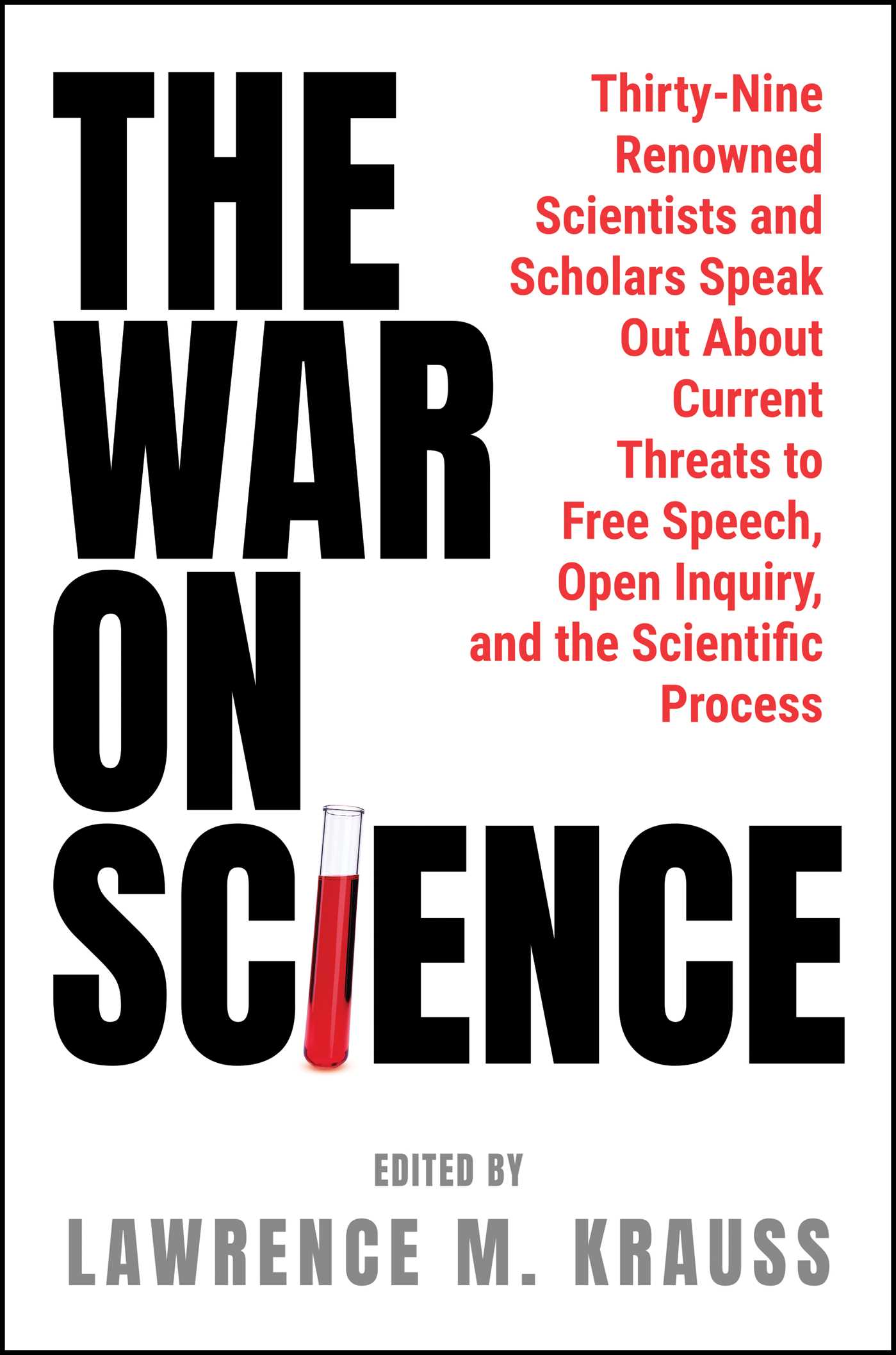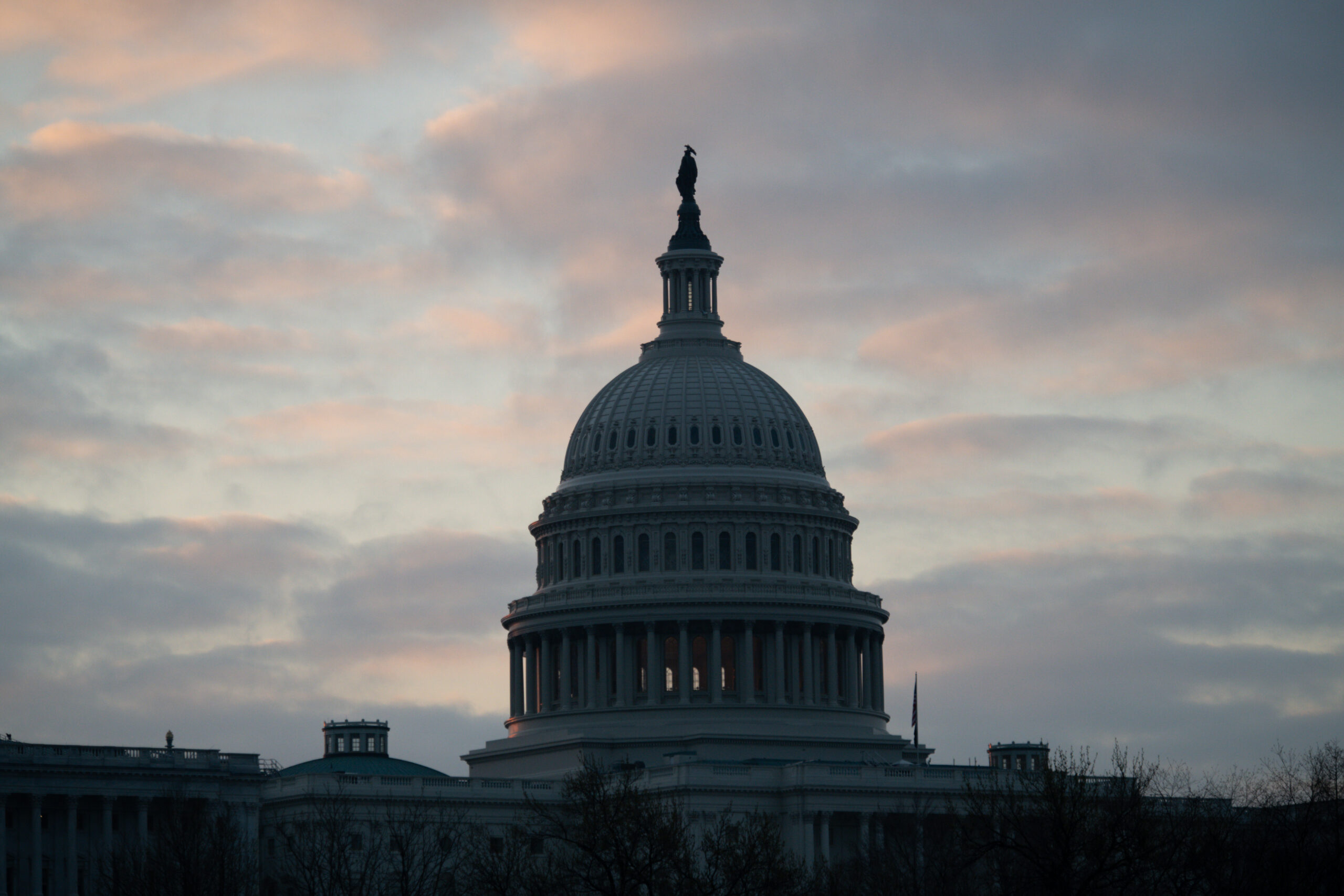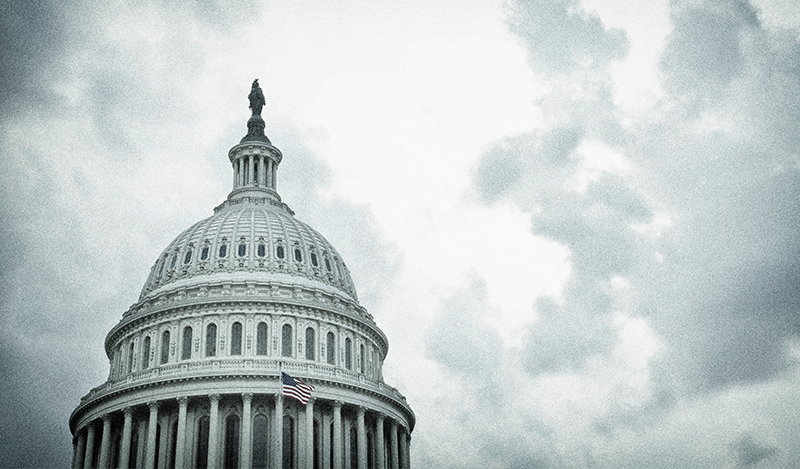Welcome to Our Research Archive
Search and filter by content type, issue area, author, and keyword
August 1, 2025
AI Tools for Economists and Policy Analysts
New artificial intelligence tools are rapidly transforming how economists and policy analysts conduct research, dissect data, and communicate findings. Rather than replacing traditional research methods, ChatGPT, Claude, and Gemini are serving as force multipliers, allowing analysts to explore ideas more thoroughly and overcome common bottlenecks in the research process. The Basics As of writing, I…

July 29, 2025
The War on Science
An unparalleled group of prominent scholars from wide-ranging disciplines detail ongoing efforts to impose ideological restrictions on science and scholarship throughout western society. From assaults on merit-based hiring to the policing of language and replacing well-established, disciplinary scholarship by ideological mantras, current science and scholarship is under threat throughout western institutions. As this group of…

July 22, 2025
Human Progress versus Climate Evangelism
In the annals of history, the first half of 2025 will be remembered for many things. I’d venture that very few are aware of one of the most momentous achievements in human history occurred in the past six months. In fact, there is an organized effort to keep you from understanding this achievement. Before getting…

July 14, 2025
Do Women Owe Men an Apology? With Dr. Carole Hooven
This episode starts with a Very Special introduction in which I explain what’s been going on with the podcast over the last six months (lots of different offerings, which possibly caused some confusion) and talk about the ongoing challenges of the subscriber model. (Short version, please stick around!) I then have the great pleasure of…

April 22, 2025
Which is in Collapse? Administrative Law or REAL ID?
If you’ve ever raised children, you’re familiar with defenses like: “I didn’t hit my brother. My bat did!” We keep kids in whiffle ball until they understand culpability a little better. The upcoming deadline for compliance with our national ID law, REAL ID, has a children’s logic to it. The deadline will not change, we…

March 28, 2025
Generative AI: The Emerging Coworker Transforming Teams
Artificial intelligence (AI) is likely to transform workplaces, fundamentally changing tasks, teamwork, and organizational dynamics. Several recent studies highlight promising early findings about how AI is affecting knowledge workers, suggesting it can actively collaborate with humans to enhance interactions and capabilities across various professions. The first study, conducted by researchers from Harvard, Wharton, and Procter…

March 28, 2025
We Still Haven’t Reckoned with Covid’s Costs
Five years ago, a new coronavirus to which no one was yet immune was sweeping the globe, shutting down schools and sporting events. In March 2020, masks had not yet become a partisan lightning rod — the Centers for Disease Control and Prevention had not yet even recommended them. And according to the Pew Research Center,…

March 26, 2025
DOJ’s Baseless Lawsuit Against HPE and Juniper Hurts Consumers
In the waning days of the Biden administration, a flurry of regulatory activity sought to cement policies that would be difficult for President Trump to unwind. New trade and labor agreements, expanded spending commitments, and a slew of regulations were pushed through, ensuring that Trump’s administration would be forced to navigate legal and bureaucratic obstacles to implement its agenda. Did Biden’s antitrust enforcers…

March 25, 2025
The Public Interest as a Political Tool
Donald Trump and Brendan Carr, the president’s choice to chair the Federal Communications Commission (FCC), seem intent on reinvigorating the Commission’s statutory authority to ensure that over-the-over broadcasters serve “the public interest.” That’s especially so when it comes to deploying the FCC’s news distortion rule to potentially punish stations—for example, CBS affiliates that aired 60…

March 21, 2025
Will FCC v. Consumers’ Research Revive the Nondelegation Doctrine?
The idea behind the nondelegation doctrine is sound: Congress should not delegate legislative power to executive branch agencies. But its implementation leaves much to be desired. Nearly every nondelegation case acknowledges there’s a theoretical boundary but then finds that Congress hasn’t crossed it here. Only twice has the Supreme Court found a law violated the…